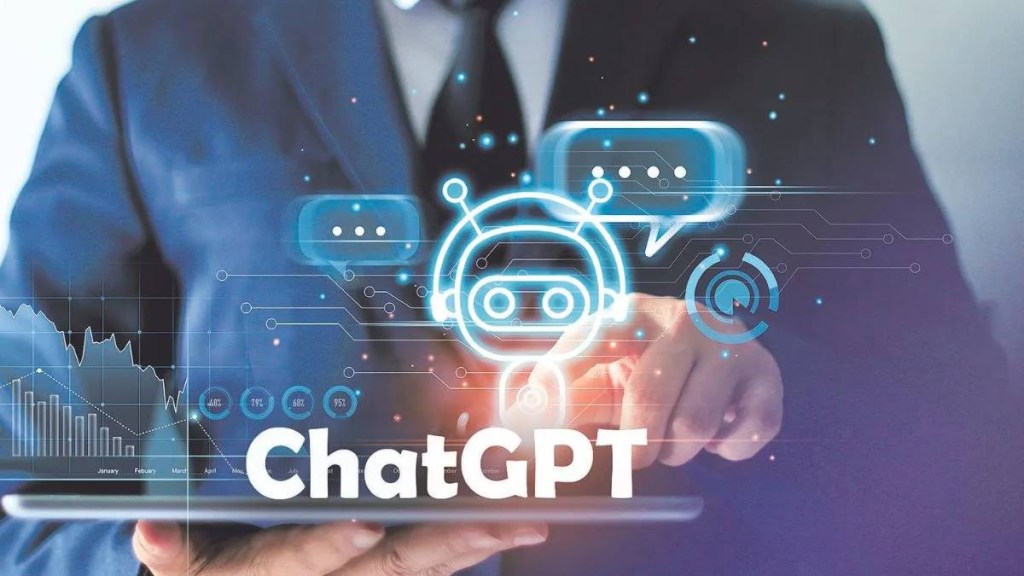As ChatGPT becomes a household topic of discussion, it also raises serious concerns over cybersecurity, such as attackers using the chatbot to write phishing emails and codes. Security experts have expressed unease and optimism, in equal measures, on the potential risks associated with ChatGPT.
ChatGPT (Generative Pre-Trained Transformer) is an artificial intelligence (AI)-powered chatbot launched in November 2022 by OpenAI, which can comprehend and generate natural language or human text. It is a tool that is trained on large amounts of text data and uses an algorithm known as Transformer to learn how to generate text that is similar to human conversation.
Touted as the “smartest chatbot ever made”, ChatGPT has the ability to generate human-like text responses to prompts. This makes it useful for a wide range of applications, such as creating chatbots for customer service, generating responses to questions in online forums, or even creating personalised content for social media posts. With breakthrough advances in technology, the inevitable security concerns are never far behind.
“While ChatGPT attempts to limit malicious input and output, the reality is that cyber criminals are already looking at unique ways to leverage the tool for nefarious purposes. It isn’t hard to create hyper realistic phishing emails or exploit code, for example, simply by changing the user input or slightly adapting the output generated,” said Steve Povolny, principal engineer and director at cybersecurity firm Trellix.
“While text-based attacks such as phishing continue to dominate social engineering, the evolution of data science-based tools will inevitably lead to other mediums, including audio, video and other forms of media that could be equally effective. Furthermore, threat actors may look to refine data processing engines to emulate ChatGPT, while removing restrictions and even enhancing these tool’s abilities to create malicious output,” added Povolny.
A major concern with ChatGPT is the potential automation and scaling of this technology, said Rik Ferguson, vice president of security intelligence at Forescout. “While there are no official ChatGPT APIs right now, community created offerings do exist. This will industrialise the creation and personalisation of malicious web pages, highly targeted phishing campaigns, and social engineering reliant scams. In addition, the multilingual capabilities of ChatGPT will allow threat actors to expand beyond their traditional target base of English-speaking territories.”
“The advice for steering clear of AI-enabled threats is not so different from that for staying clear of prior threats. Be on the lookout for unsolicited communications, do not click links or download attachments without first verifying the provenance of the communication through alternate channels,” added Ferguson. ChatGPT also allows people with less or no skills in coding to launch cyberattacks.








